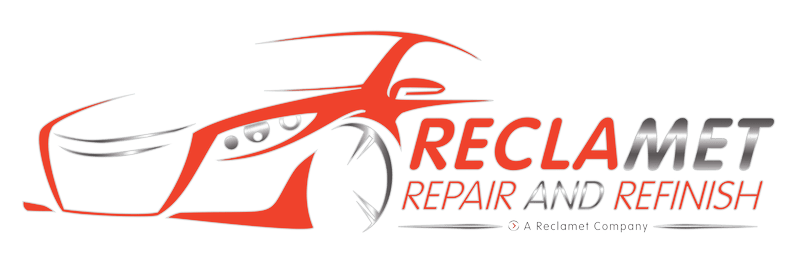Do you have to use your insurer’s choice of repair shop?
The choice of repairer in car insurance refers to your ability to select the auto repair shop or mechanic that will perform the necessary repairs on your vehicle after an accident or covered event. This choice can be an important consideration when filing an insurance claim, as it can impact the quality of repairs and your overall satisfaction with the process.
Here’s what you need to know about the choice of repairer in car insurance:
Insurance Company Recommendations: Many insurance companies have a network of preferred or “in-network” repair shops. They may recommend or suggest you take your vehicle to one of these shops for repairs. These preferred repair shops have typically entered into agreements with the insurance company, which can streamline the claims process.
Freedom to Choose: In many cases, you have the freedom to choose your own repair shop, even if your insurance company suggests or recommends a specific one. You are not obligated to use the insurance company’s preferred repair shop, and you can select a repair facility that you trust or have a prior relationship with.
Estimates and Negotiation: If you choose your own repair shop, you may need to obtain repair estimates and communicate with your insurance adjuster to ensure that the cost of repairs is agreed upon. The insurance company may send an adjuster to assess the damage and estimate repair costs.
Quality of Repairs: Choosing a reputable repair shop that can provide quality repairs is important. You can research reviews and recommendations, ask for referrals, and check for certifications to ensure the shop’s credibility.
Warranty and Guarantees: Some repair shops offer warranties or guarantees on their workmanship. Be sure to ask about any warranties or guarantees provided by the repair shop you choose.
Parts Selection: Depending on your policy and the repair shop you choose, there may be options for using original equipment manufacturer (OEM) parts or aftermarket parts for repairs. Discuss your preferences with the repair shop and your insurance company, as this can affect the cost and quality of repairs.
Coordination with Insurance: Your chosen repair shop should be willing to work with your insurance company to ensure that the necessary paperwork and billing are handled correctly.
It’s essential to review your insurance policy and understand your rights and options regarding the choice of repairer. If you have any questions or concerns, don’t hesitate to discuss them with your insurance agent or claims representative. Ultimately, you have the right to choose a repair shop that you are comfortable with as long as the repairs follow your policy’s terms and conditions.
Does insurance cover repairs?
Car insurance typically does not cover routine maintenance or vehicle repairs resulting from normal wear and tear. However, it does provide coverage for specific types of repairs and damage, depending on the type of insurance coverage you have.
Here are some common types of car insurance coverage that may cover repairs:
Collision Coverage: This type of coverage helps pay for repairs to your vehicle if it is damaged in a collision with another vehicle or object, regardless of who is at fault.
Comprehensive Coverage: Comprehensive coverage helps pay for repairs to your vehicle caused by non-collision events such as theft, vandalism, fire, hail, or hitting an animal.
Uninsured/Underinsured Motorist Coverage: If you are involved in an accident with an uninsured or underinsured driver at fault, this coverage can help pay for your vehicle’s repairs.
Medical Payments or Personal Injury Protection (PIP): These coverages can help pay for any potential medical expenses resulting from an accident, which may indirectly relieve you of some financial burden, allowing you to allocate more funds toward repairs.
Towing and Labour Coverage: Some policies offer coverage for towing your vehicle to a repair shop or covering the labour cost for minor repairs done at the scene of the breakdown.
It’s important to note that the extent of coverage and the specific repairs can vary widely depending on your insurance policy and the terms and conditions outlined in the policy. Additionally, you may have to pay a deductible before your insurance kicks in to cover repair costs.
Car insurance typically does not cover routine maintenance expenses, such as oil changes, brake pad replacements, and tire rotations. Insurance is primarily designed to provide financial protection in the event of unexpected accidents or damage.
To fully understand what repairs and damages are covered under your car insurance policy, reviewing your policy documents and discussing any questions or concerns with your insurance agent or provider is essential.
Before going through your insurer’s preferred repair shop, you have the right to select your own, and the insurer has to let you do so.
At Reclamet Repair and Refinish, we can help you throughout the process, from the cost of the damages to finding a cost-effective solution to keep money in your pocket. We know that we can repair your vehicle with the most cost-effective solution and welcome any enquiry you have. However, your provider must be kept in the loop if you are putting in an insurance claim.


